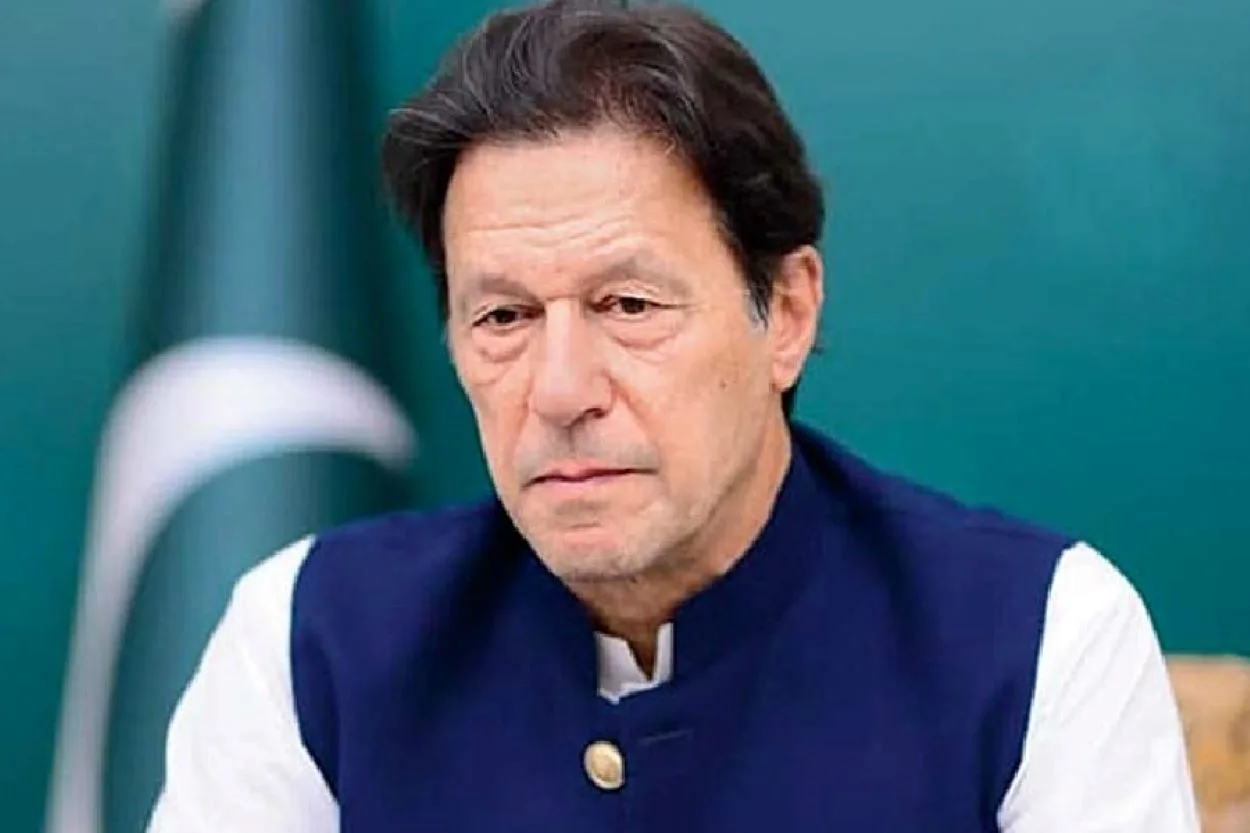The Islamabad High Court (IHC) delivered a major blow to former prime minister Imran Khan on Friday, dismissing his applications for bail and the annulment of the First Information Report (FIR) lodged in the notorious ‘cipher’ case.
The IHC Chief Justice Aamer Farooq presided over the announcement of the reserved verdict, initially withheld since October 16, following comprehensive deliberations from both sides.
Khan’s defence, led by advocate Sardar Latif Khosa, argued during previous sessions that the FIR lacked legal ground as Khan’s federal cabinet had already declassified the cipher. The defence heavily relied on Article 248 of the Constitution, claiming it granted Khan immunity for decisions made during his tenure, a point fiercely debated in court.
Barrister Salman Safdar, representing the PTI chairman, asserted that the specifics of the Official Secrets Act, particularly Section 5, were irrelevant to Khan’s situation.
According to the defence, this section typically applies to instances of sharing confidential information with foreign entities, a key component absent in Khan’s case.
Escalating Tensions and High-Profile Indictments
Despite these arguments, the intensity of the situation escalated when Khan and his close associate, Shah Mahmood Qureshi, were indicted for allegedly exploiting a confidential document for political leverage. Under the aegis of the Official Secrets Act, the subsequent trial has seen both figures confined to Adiala jail, with the IHC having previously declined to halt the trial procedures.
The Federal Investigation Agency (FIA) is pushing for stringent legal recourse, outlining in its charge sheet that both the former prime minister and ex-foreign minister had crossed legal boundaries. The document emphasizes the necessity for a full trial, spotlighting their purportedly unlawful actions.
Adding complexity to the situation, the charge sheet doesn’t implicate former PTI secretary-general Asad Umar but identifies Azam Khan, Imran Khan’s ex-principal secretary, as a crucial witness. The prosecution’s case details how Khan retained a sensitive cipher, allegedly misappropriating state secrets.
The controversy, now dubbed “Ciphergate,” traces back to March 2022, involving sensational claims by Khan about international conspiracies plotted against his government. This high-stakes drama, intertwined with alleged audio leaks and political uproar, led to a systematic investigation sanctioned by the subsequent cabinet.
Despite the gravity of these events and the FIA’s persistent inquiry, Khan maintains his innocence. His legal team continues challenging the proceedings, highlighting legal technicalities and questioning the applicability of certain charges. Yet, with the recent court decision, the path forward for Khan and his associates appears increasingly precarious.






